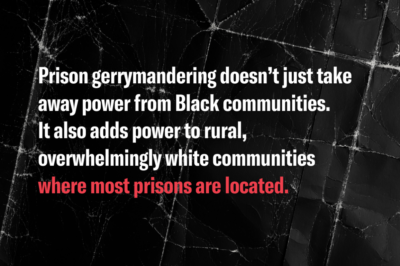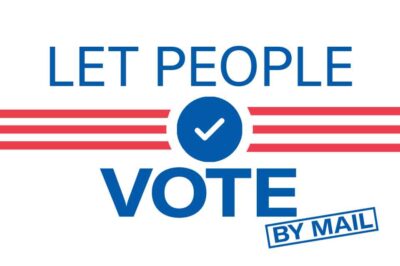Supreme Court Hears ACLU's Landmark Voter ID Case
Case Has Major Implications for 2008 Elections
FOR IMMEDIATE RELEASE
CONTACT: (646) 785-1894 or (212) 549-2666; media@aclu.org
WASHINGTON — In the most important voting rights case since Bush v. Gore settled the 2000 presidential election, the U.S. Supreme Court will hear arguments today in a challenge to Indiana’s most-restrictive-in-the-nation voter identification law. The American Civil Liberties Union’s case, Crawford v. Marion County Election Board — consolidated with Indiana Democratic Party v. Rokita — is an appeal of two lower court decisions that upheld the state’s law requiring voters to present government-issued photo IDs in order to vote. According to the ACLU, the Indiana law creates an unconstitutional burden on voting rights.
“There is nothing more fundamental to our democracy than the right to vote,” said Ken Falk, Legal Director of the ACLU of Indiana and lead counsel on the case. “Onerous voter ID laws like Indiana’s do not prevent fraud — they create excessive burdens on voting rights without any justification whatsoever. It is our hope that the Supreme Court will reject the deceptive voter fraud myth by strongly reaffirming the right to vote in this country.”
In January 2007, the U.S. Court of Appeals for the Seventh Circuit in Chicago upheld Indiana’s voter ID law by minimizing the right of every individual to vote without being subject to undue burdens imposed by the state. There is no evidence that Indiana’s voter ID law is justified by any actual problem of voting fraud, which is already prohibited by various criminal statutes in the state. No cases of in-person voting fraud have been prosecuted in the state in recent history.
“Indiana’s law serves no legitimate state purpose,” said ACLU Legal Director Steven R. Shapiro. “It does, however, disproportionately deny otherwise eligible voters who are poor, minority, elderly or disabled of their right to vote. As we begin a tightly fought presidential campaign, it is essential that our electoral rules be fair and impartial.”
Passed in 2005, Indiana’s voter identification law requires voters to present a government-issued ID to vote in federal, state and local elections. Voters without identification may vote using a provisional ballot, which is counted only if the voter travels to a circuit court or county election board to prove his or her identity within 10 days of the election. In effect, the law could disenfranchise thousands of the state’s registered voters who do not have, and, in many instances, cannot obtain the limited identification that Indiana will accept for voting.
The Supreme Court’s decision on the constitutionality of voter ID laws has broad national significance with the 2008 election in full force. Indiana is one of over 20 states that have passed restrictive voter ID laws, while other states are considering similar legislation.
Plaintiffs in the ACLU’s case include the Indianapolis branch of the NAACP as well as organizations representing the elderly, the homeless, and people with disabilities, along with two elected officials.
Attorneys on the case Crawford v. Marion County are Shapiro of the national ACLU; Falk, Jacquelyn Bowie Suess and Gavin Rose of the ACLU of Indiana; Laughlin McDonald and Neil Bradley of the ACLU Voting Rights Project; and Pamela Karlan, Jeffrey Fisher, Angela Ciccolo, and Victor Goode.
For more information on this case, including legal briefs, go to:
www.aclu.org/scotus/2007term/crawfordv.marioncounty
electionboard/32592res20071106.html
More information on the work of the ACLU Voting Rights Project is available at: www.aclu.org/voting-rights
Stay Informed
Every month, you'll receive regular roundups of the most important civil rights and civil liberties developments. Remember: a well-informed citizenry is the best defense against tyranny.



